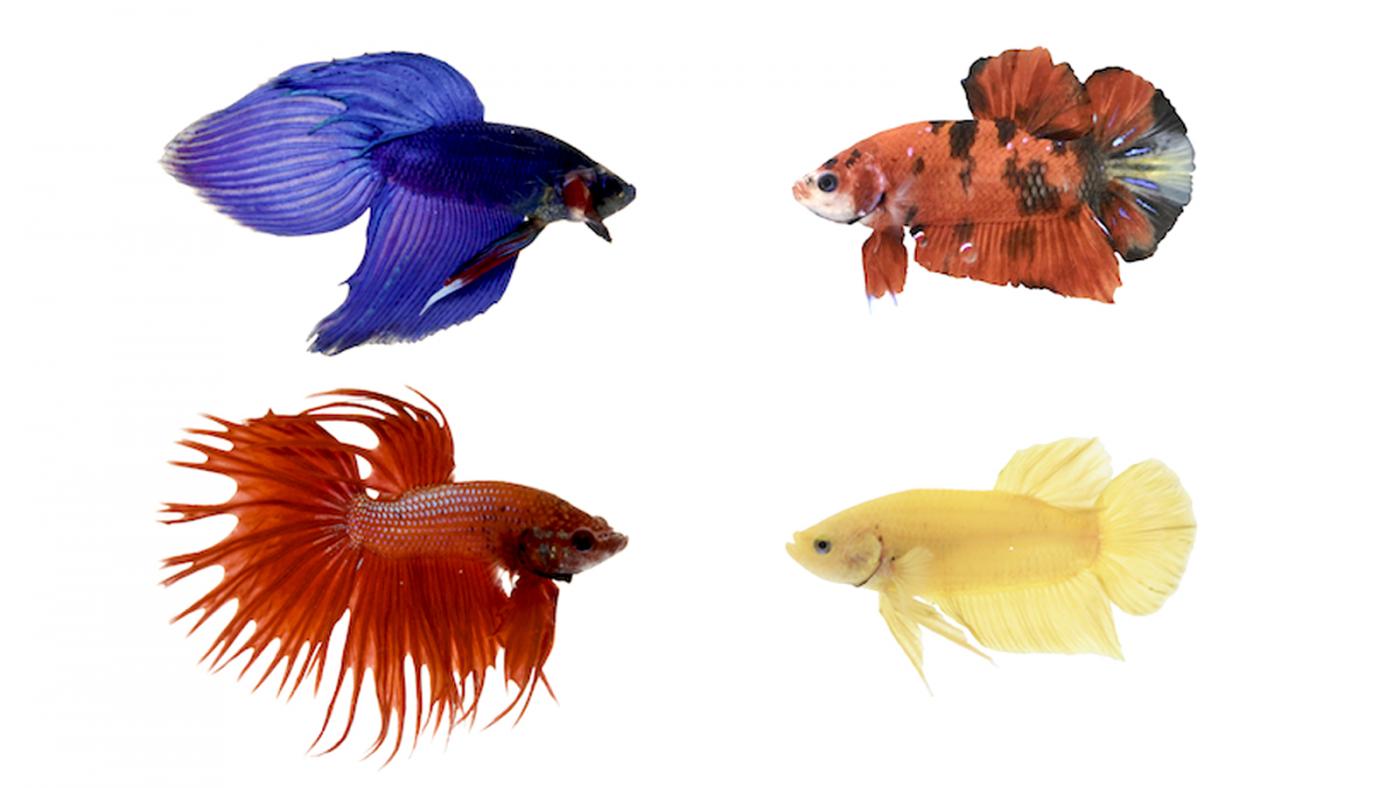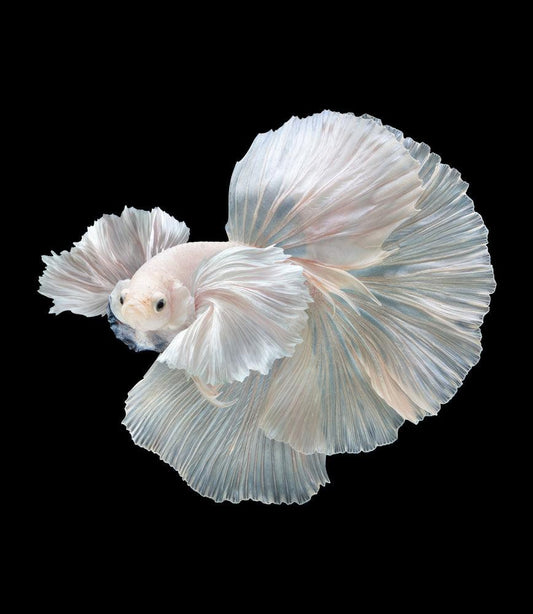Just How to Introduce Betta Fish to a Neighborhood Container Securely
Just How to Introduce Betta Fish to a Neighborhood Container Securely
Blog Article
The Ultimate Guide to Betta Fish Treatment: Important Tips for Keeping a Healthy and Growing Fish Tank Atmosphere
Effective Betta fish treatment demands a thorough understanding of their distinct environmental and physical requirements. Developing a suitable fish tank starts with choosing the right container dimension and ensuring optimum water conditions, which are critical for the health and wellness and health of your Betta. Furthermore, recognizing correct feeding practices and creating a favorable habitat can significantly affect your fish's vitality and behavior. As you think about these foundational facets, it ends up being clear that maintaining a thriving fish tank environment needs attention to detail and ongoing commitment. What specific strategies will you execute to boost your Betta's quality of life?
Picking the Right Container
Picking the appropriate tank for your Betta fish is critical to guaranteeing its health and wellness. Bettas thrive in environments that resemble their all-natural habitats, which commonly contain calmness, warm waters. A tank size of a minimum of five gallons is recommended to give sufficient swimming space, as smaller containers can result in stress and health and wellness issues for these dynamic fish.
When choosing a tank, take into consideration the container's shape and filtration system. A rectangle-shaped container is preferable to a bowl, as it provides much more surface for oxygen exchange. In addition, a reliable filtering system is important to keep water quality and decrease the frequency of water changes (betta fish). It's crucial to pick a filter with a gentle flow, as Bettas are not strong swimmers and may battle against strong currents.
Temperature level law is an additional key variable; Bettas prefer water temperature levels in between 76 ° F and 82 ° F. Investing in a good heater will ensure that the water remains within this range, advertising a healthy and balanced and active way of life for your Betta. Finally, providing appropriate storage tank decors and hiding places will aid lower stress and motivate all-natural actions, additionally enhancing your Betta's wellness.
Keeping Water Quality
Maintaining optimum water quality is important for the health and wellness and long life of Betta fish. This requires regular monitoring of different criteria, including temperature level, pH, ammonia, nitrite, and nitrate degrees.
The pH level ought to ideally drop between 6.5 and 7.5. Routine screening using a reputable water testing kit can help ensure these specifications stay within the ideal ranges. Ammonia and nitrite degrees ought to constantly go to 0 ppm, as even low focus can be harmful to Betta fish. Nitrate levels should be kept under 20 ppm to avoid long-term health concerns.
Routine water changes are important to preserving water top quality. It is recommended to alter 25-50% of the tank water weekly, relying on the tank dimension and equipping levels. Using a high-grade water conditioner can assist get rid of harmful chemicals from faucet water, why not try this out making sure a risk-free environment. In addition, including a robust filtration system can aid in maintaining water clearness and quality, offering a much healthier habitat for your Betta fish.
Perfect Feeding Practices
Providing a balanced diet is essential for the health and wellness and lively coloration of Betta fish, as their dietary demands play a substantial function in their general health. Betta fish are carnivorous naturally, calling for a diet high in healthy protein. A mix of top quality pellets, icy or online foods such as bloodworms, brine shrimp, and daphnia can provide the important nutrients they need.
Feed your Betta fish a couple of times a day, providing just what they can eat within 2 to 3 minutes to protect against overfeeding and preserve water high quality. Overfeeding can bring about excessive weight and health and wellness issues, consisting of swim bladder disease. It is crucial to check their nutritional intake and readjust part dimensions as necessary.
In enhancement to protein, a well balanced diet regimen should include minerals and vitamins to promote optimal health. Think about supplementing their diet plan with premium flakes or pellets particularly developed for Betta fish, as these commonly consist of needed ingredients.

Creating an Ideal Environment

Water quality is extremely important; keep a temperature level in between 76 ° F and 82 ° F, and guarantee the pH degree ranges from 6 - betta fish.5 to 7.5. Normal water adjustments of 25-50% per week will certainly help maintain toxic substances away recommended you read and make certain a secure atmosphere
Incorporating plants and hiding spots is crucial, as Betta fish are naturally territorial and enjoy having areas to explore and pull back. Live or silk plants, in addition to caves and ornaments, can create a revitalizing environment.

Normal Health Checkups
Carrying out regular health appointments is essential for making certain the health of Betta fish, as very early discovery of prospective problems can prevent severe illness. These checkups need to incorporate a detailed assessment of the fish's physical problem, behavior, and environmental factors.
Begin by observing the Betta fish for any signs of distress, such as sleepiness, loss of hunger, or unusual swimming patterns. In addition, check the fins and body for indications of discoloration, sores, or fin rot, which can suggest infections or parasites. Consistently monitoring the water high quality in the fish tank is similarly crucial; specifications such as pH, ammonia, nitrite, and nitrate degrees need to be kept within optimal ranges to avoid tension and disease.
Furthermore, take into consideration maintaining a log of wellness observations and water quality examinations. This record can assist in the recognition of fads or reoccuring problems. If any abnormalities are discovered throughout the check-up, it is necessary to consult a vet experienced in water animals. Prompt treatment can make a substantial difference in the healing of your Betta fish, guaranteeing a long and healthy and balanced life in a well-maintained aquarium environment.
Verdict
In final thought, successful Betta fish treatment hinges on producing and keeping an ideal aquarium environment. By following these standards, aquarists can advertise the health and vibrancy of Betta fish, ultimately resulting in a prospering aquatic ecological community.
Report this page